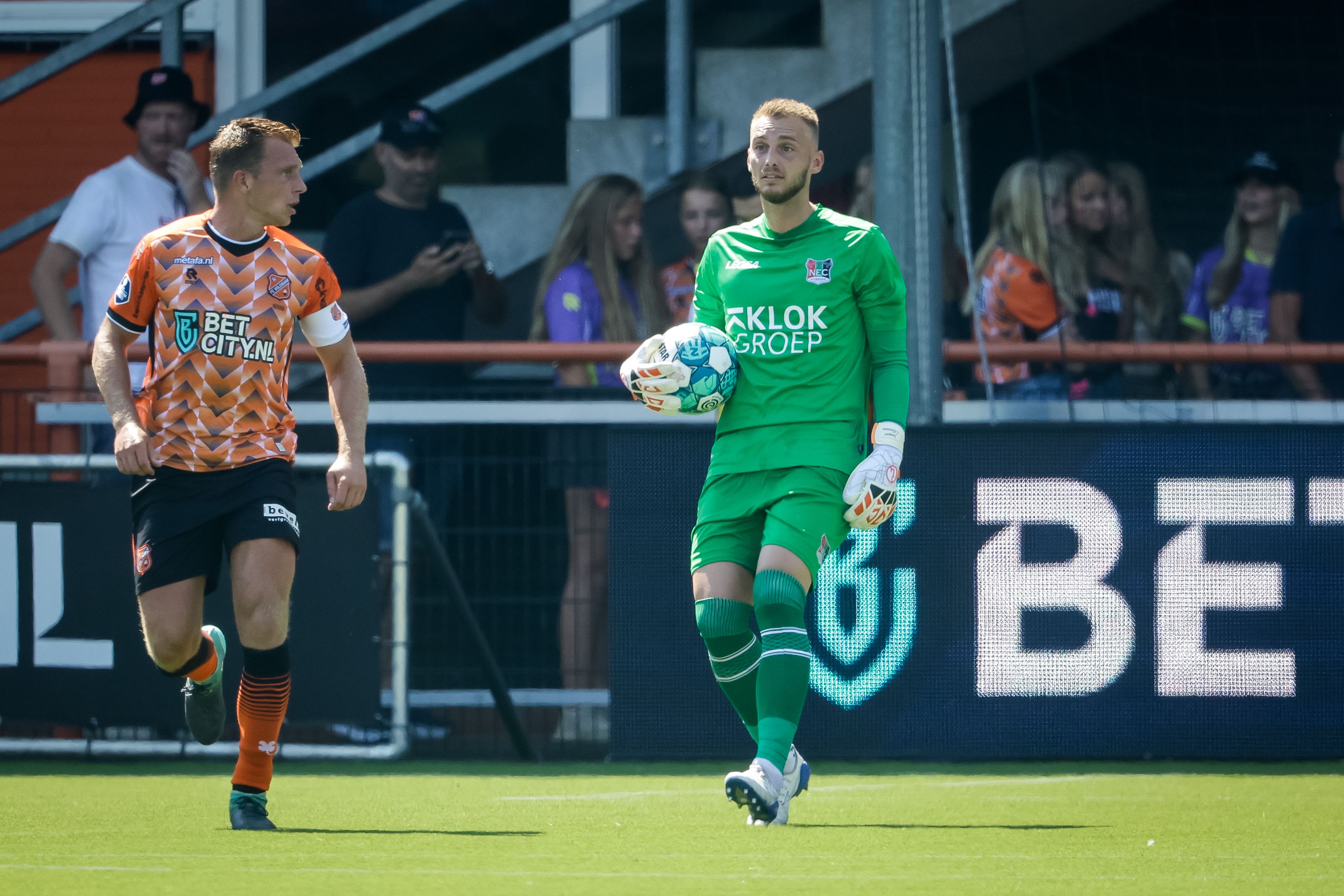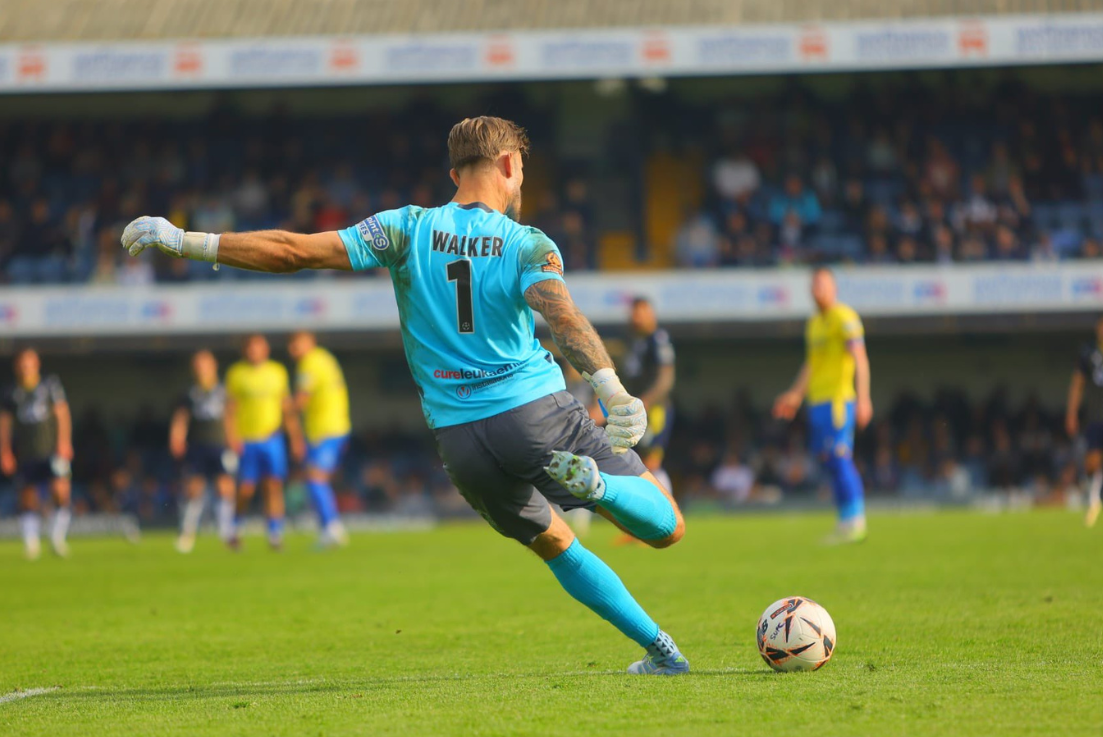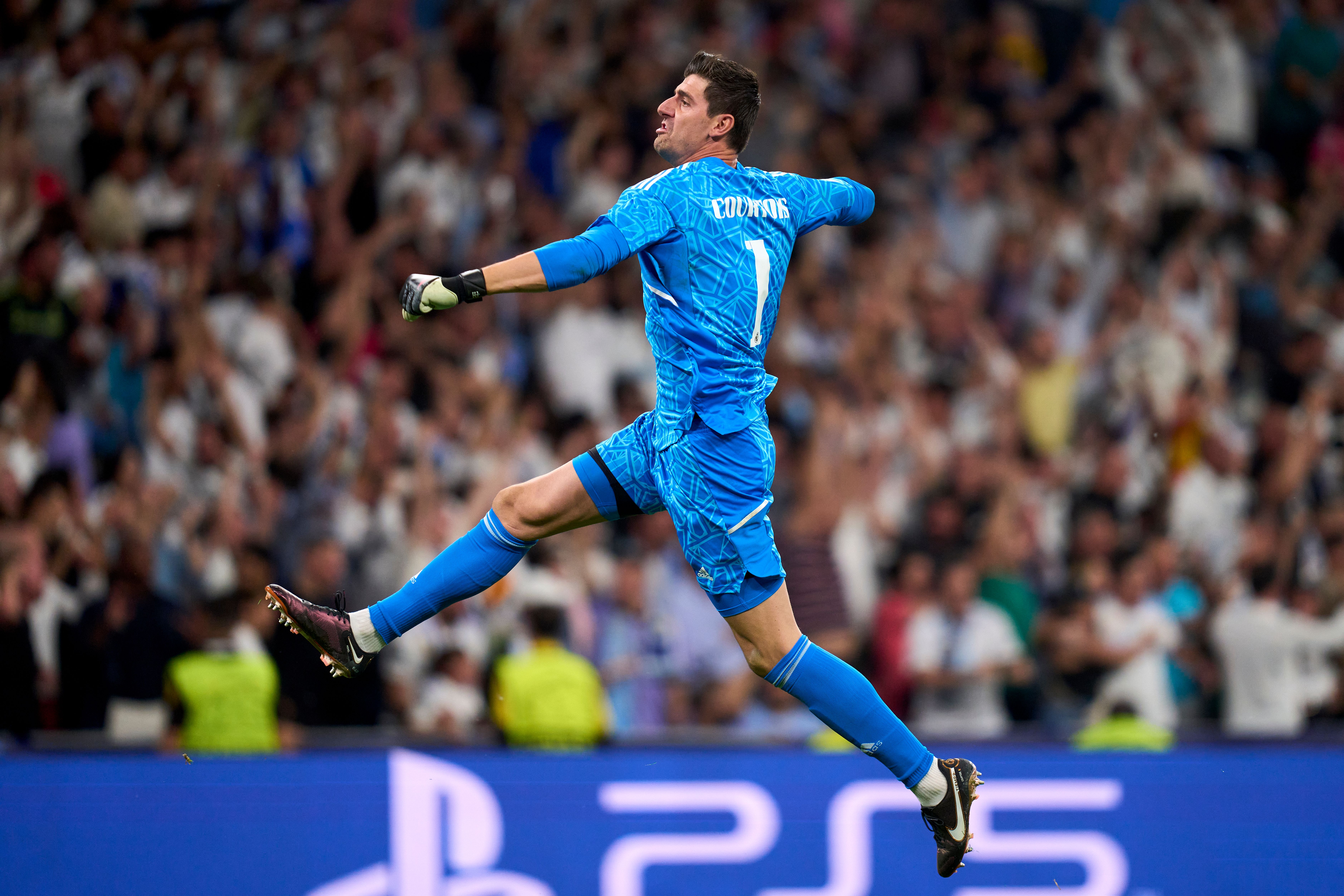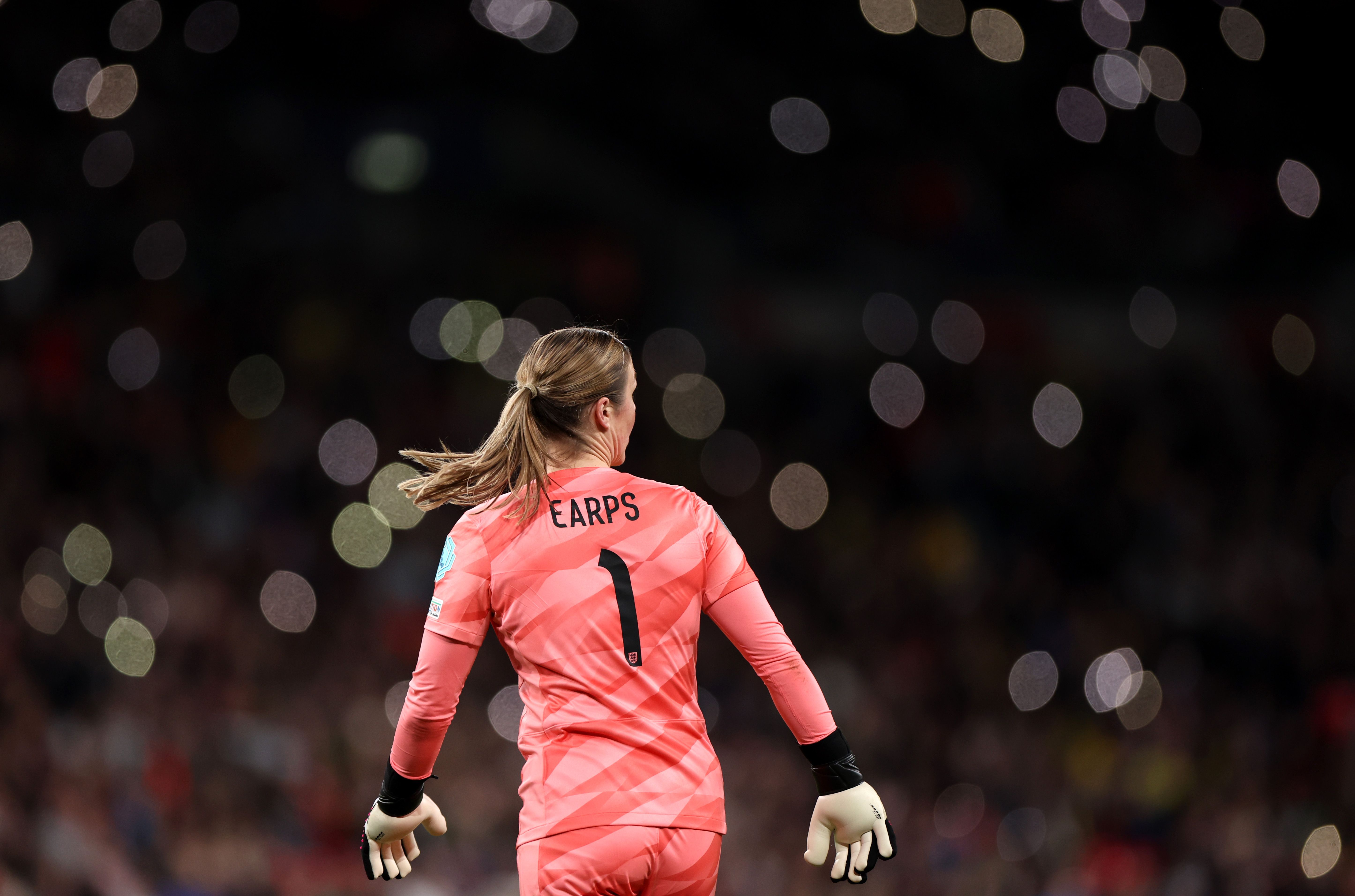Breaks in play are nothing unusual. Is it really the goalkeeper who is slowing the game down nowadays?
On a sunny, celebratory April day in 2014, Brendan Rodgers’ Liverpool team were five points ahead of the pack, riding a rollercoaster blitz of eleven straight wins, and heading towards a first Premier League title. Jose Mourinho’s Chelsea came to town in no mood to be the “clowns in the circus.” The Reds’ rapier starts had to be stopped at source. It was a day for the Special One’s platinum-uber time-wasting.
A 41-year-old Mark Schwarzer was in goal for the Blues and has been very transparent about the tactics of the day in subsequent interviews. The gist of his straight man goal-kick routine with centre-back hulk Branislav Ivanovic was simple: ‘You take it. No, you take it.’ Tumbleweed ensued as Anfield got ever more agitated. It was all planned to the very second. Famously, Gerrard and Jon Flanagan tried to wrestle the ball out of Mourinho’s hands as early as the sixth minute when it went out for a throw.
The Stamford Bridge outfit kept the object ball off the pitch for four of the first 10 minutes. The only player to receive a booking for time-wasting was Ashley Cole. In the 93rd minute.
When asked about the plan to frustrate the would-be champions (who weren’t), Mourinho declared: 'Time-wasting, what's that?' Chelsea won 2-0 and Liverpool city centre was suddenly the equivalent of Munich in 2012 after the Blues gatecrashed Bayern’s pre-planned party time at the Champions League final.
Just over a decade later, the International Football Association Board has decided that goalkeepers are the natural starting point in an attempt to get things moving. After convening in Belfast over the last weekend in February, the statement read thus. “The amendment means that if a goalkeeper holds the ball for longer than eight seconds (with the referee using a visual five-second countdown), the referee will award a corner kick to the opposing team.” We are watching you, in other words.
The new regulation will be enforced on July 1st across elite level all the way down to grassroots.
The whole time-wasting element of football lives like a microorganism in all parts of the game. Players go down and stay down. Period. During a recent edition of Monday Night Football, Nick Pope was stricken without apparent cause and Sky’s commentator immediately posited foul play as a possibility. The dark arts can pull the kill chord on the momentum. It’s called game management. No point picking on the multi-coloured clown in goal when everyone is part of the circus. As of January 2025, some members of the GK Union make it a shade too obvious…..
Football isn’t a non-stop stream of entertainment but the modern world demands immersive engagement to raise the pulse. Constant action is neither possible nor desirable in any pursuit. There are rest periods within a game, a fight, a T20 cricket timeout, a tennis changeover. The ability to draw breath or take the sting out of proceedings has always been at the epicentre of football too.
It’s there in full technicolour on every patch of the pitch. A corner routine taken only after a school assembly line-up in the penalty box; a throw-in where a player looks left, right and performs an about-turn before launching; a live player conference making executive decisions when standing over a free-kick. There goes a good 30 seconds every time.
The intention might not always be to eat up time, but the effect is the same. Yet goalkeepers are those pesky ones who are allowed to handle the ball and stop the flow. Much easier to pick on and identify in the usual suspect routine. Keyser Soze! IFAB has found their man..
While the outfield collective has a preordained set of choreographed routines, the pressure is now ramped up on the goalkeeper to throw that ball faster when he or she is screening for multiple reasons. It’s scientifically proven that goalkeepers are wired differently when making decisions based on incomplete information. They will cope. That’s not the point.
Watford’s Egil Selvik made a salient point after the rule change was announced: “If I have the ball, standing in my own box, the last person I am looking at is the referee. I’m looking for openings, where are our players, where are the opposition, is there anyone still behind me, all that sort of stuff. So how referees handle it will be interesting to see.”
The current law states that if the custodian retains the ball for more than six seconds, the opposition will be awarded an indirect free-kick. This has rarely been pursued with any vigour and perhaps therein lies the need to change for a punishment that acts as a deterrent. IFAB are considering applying the new directive to goal-kicks as well.
The trials of the eight-second rule in Premier League 2, Malta and Italy’s U-20 Primavera 1 league have been cited as a success. “You can see it has a significant impact on goalkeeper behaviour," Patrick Nelson, the chief executive of the Irish Football Association and an IFAB director claimed. That may be true. However, in the general scheme of things, the issue feels very much like sweating the small stuff when faced with the ball being out of play for so many other reasons.
After his Fenerbahce side lost 3-1 to Rangers in the first leg of the Europa League last 16 tie last month, Mourinho was in combative mood. "Every time Jack Butland had the ball he took not the famous six or eight seconds, he took 30 seconds. They had 20 injuries, they were pragmatic."
Time will tell if the “20 injuries” get as much attention by the lawmakers in the future.









